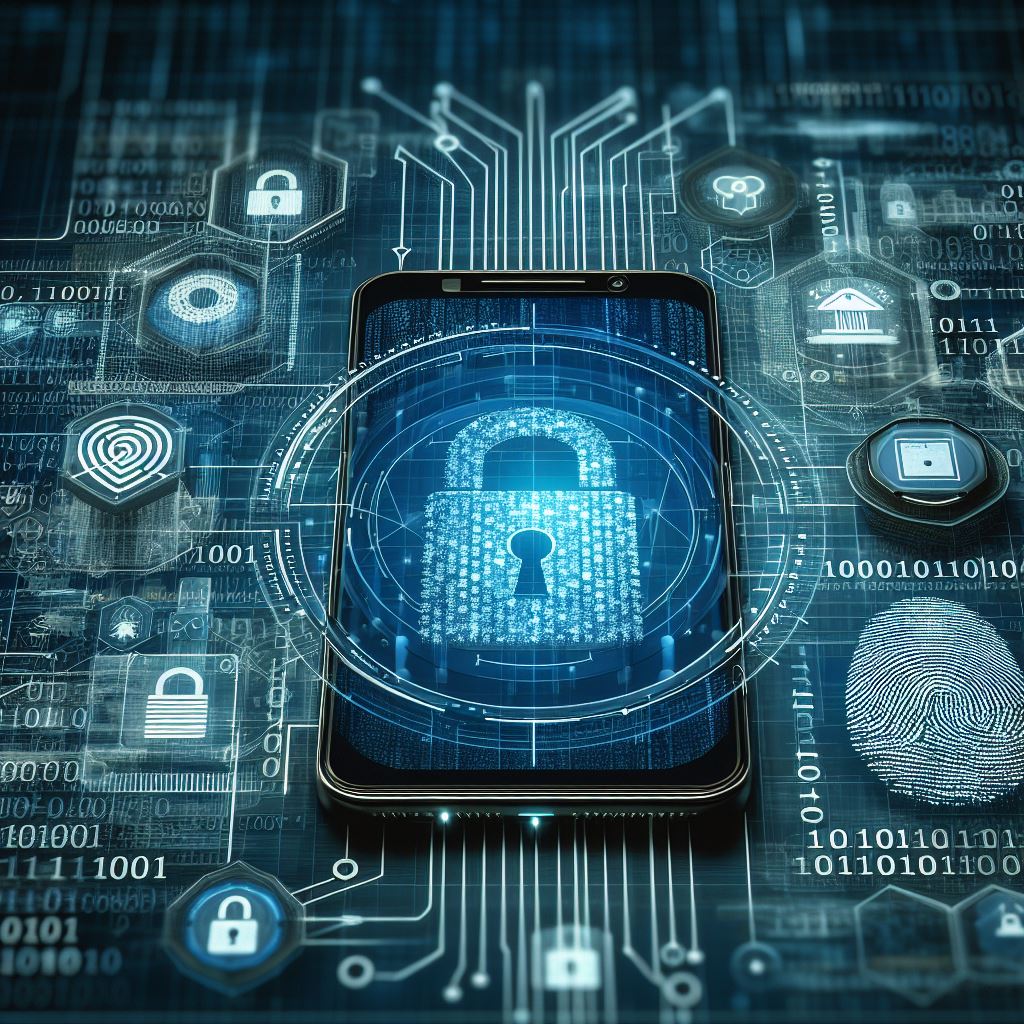In today’s interconnected world, mobile devices have become indispensable tools for both personal and professional use. However, with the convenience of mobile technology comes the responsibility to safeguard our devices and the data they contain. From malicious apps to network vulnerabilities, the threats to mobile security are ever-present. In this comprehensive guide, we’ll explore the importance of mobile security and provide you with the knowledge and tools you need to protect your mobile devices effectively.
Understanding Mobile Security Threats
What are the common mobile security threats?
In the realm of modern technology, understanding mobile security threats is paramount. Mobile devices, being ubiquitous in today’s society, face an array of potential vulnerabilities that could compromise the security of both individuals and organizations. Among these threats are malware, phishing attacks, and unauthorized access, which exploit weaknesses in mobile security protocols. Malicious actors leverage these vulnerabilities to obtain sensitive information or gain control of devices for illicit purposes.
The ramifications of mobile security threats cannot be overstated. Security breaches on mobile devices have the potential to wreak havoc, resulting in dire consequences such as data loss, identity theft, and financial fraud. These threats pose significant risks to users, highlighting the critical importance of taking proactive measures to protect mobile devices and the valuable data they contain.
In light of the ever-growing number of mobile devices in use today, the need for robust mobile security solutions has never been more pressing. Mobile security technology and software play a pivotal role in safeguarding devices against potential threats, mitigating risks, and ensuring the integrity of sensitive data. Additionally, adherence to mobile security rules and best practices is essential for maintaining strong mobile security posture.
Wi-Fi security is another crucial aspect of mobile security that cannot be overlooked. Using public Wi-Fi networks presents inherent risks, as they are often unsecured and susceptible to interception by malicious entities. Encrypting mobile devices and being cautious when accessing public Wi-Fi networks can help mitigate these risks and safeguard sensitive information.
Furthermore, organizations and companies must prioritize mobile security to protect their assets and sensitive data. Mobile security measures serve as the first line of defense against potential threats, preventing unauthorized access and safeguarding against security flaws. It is equally important for individuals to follow security protocols and educate themselves on best practices for mobile security to safeguard their devices effectively.
Best Practices for Mobile Security
What are the best practices for securing your mobile device?
Implementing strong security measures is essential for safeguarding your mobile device against threats. This includes using complex passwords, enabling device encryption, and keeping your operating system and apps up to date to patch any security vulnerabilities.
How can you protect your mobile device from malware and other malicious software?
Installing reputable antivirus software and avoiding suspicious apps and websites are crucial steps in preventing malware infections on your mobile device. Additionally, practicing safe browsing habits and being cautious when downloading files or clicking on links can help mitigate the risk of encountering malicious software.
Enhancing Application and Network Security
How can you ensure the security of mobile applications?
Application security is essential for protecting your device and personal information from unauthorized access. This involves reviewing app permissions, only downloading apps from trusted sources, and regularly auditing installed apps to remove any unnecessary or outdated ones.
What measures should you take to secure your device on public Wi-Fi networks?
Public Wi-Fi networks pose significant security risks, as they are often unsecured and susceptible to interception by malicious actors. Using a virtual private network (VPN) and avoiding transmitting sensitive information over public Wi-Fi can help protect your data from eavesdropping and interception.
Implementing Mobile Device Management
What is mobile device management, and why is it important for security?
Mobile device management (MDM) refers to the administration of mobile devices within an organization to enforce security policies and protect sensitive data. By implementing MDM solutions, organizations can remotely monitor and manage devices, enforce security measures, and ensure compliance with company policies.
How can organizations effectively manage mobile security for a large number of devices?
Implementing MDM solutions allows organizations to centrally manage and secure a large number of mobile devices efficiently. This includes enforcing security policies, remotely wiping lost or stolen devices, and monitoring for potential security breaches or policy violations.
Conclusion: Safeguarding Your Mobile Devices
Protecting your mobile device is essential in today’s digital landscape, where security threats are constantly evolving. By implementing best practices for mobile security, such as using strong passwords, keeping software updated, and avoiding risky behaviors, you can reduce the risk of falling victim to cyberattacks and ensure the safety of your personal and sensitive information.
Key Takeaways:
– Regularly update your device’s operating system and apps to patch security vulnerabilities.
– Use strong, unique passwords and enable device encryption to protect sensitive data.
– Be cautious when downloading apps and only install them from trusted sources.
– Use a VPN when connecting to public Wi-Fi networks to encrypt your internet traffic.
– Implement mobile device management solutions to enforce security policies and protect organizational data.
By following these recommendations and staying informed about the latest mobile security threats, you can fortify your mobile devices against cyber threats and enjoy a safer digital experience.


